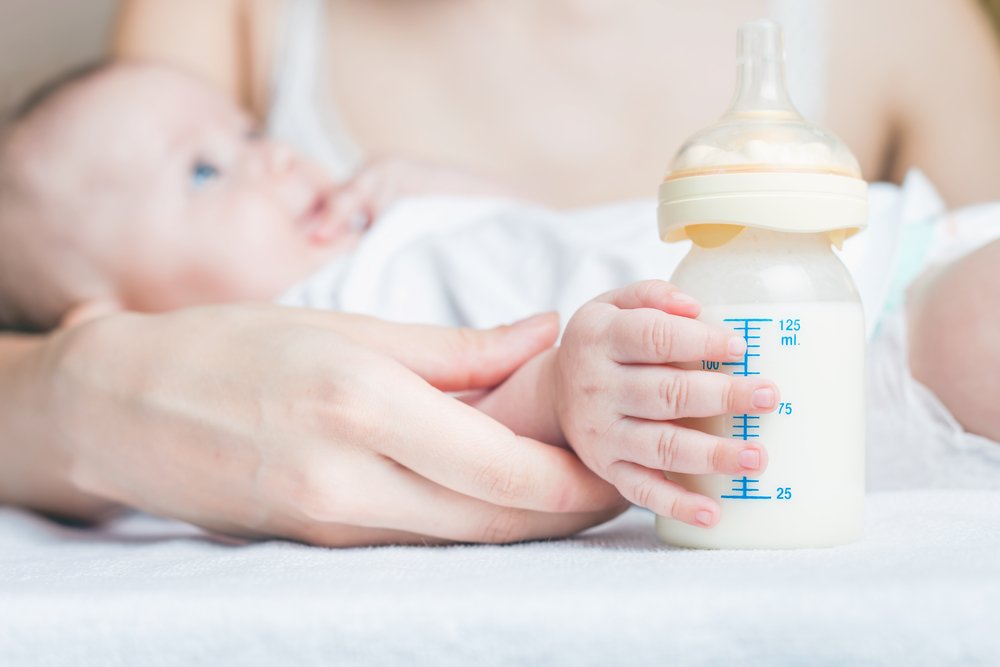Key points:
- The first year of a child’s life is a period of rapid physical development, including the development and refinement of fine motor skills.
- Hand-eye coordination is a key aspect of fine motor skills and is necessary for skills like holding writing tools, bottles, and spoons.
- Parents can expect their child to progress from touching objects to manual manipulation of bigger objects, with the ability to hold small objects between their thumb and forefinger around 9 months.
- To support hand-eye coordination, parents can encourage their baby to grab objects, talk about the object’s color and texture, let them touch different textures, and eventually give them a chance to feed themselves.
In this article, we’ll focus on talking about your child’s hand-eye coordination during the first year of age. This progress will take your child on great adventures and will challenge them to explore what they are capable of, putting into practice their gross and fine motor skills.
Physical development occurs rapidly during the first two years of your little one’s life. That’s why you’ll see them grow at a steady pace. During the first few months, you’ll have the opportunity to witness many changes, not only in weight and size but also in muscle development.
As they continue to grow, their fine motor skills will develop and refine. These involve the ability to use small muscles of the body, located in places like hands and fingers; movements that usually lag behind gross motor skills.
Today we will specifically address hand coordination during the first year, which is a key aspect in the prior foundation of several skills like holding writing tools, bottles, spoons, etc. This skill is frequently accompanied with visual development as well.
What can you expect of your baby’s hand-eye coordination?
Since birth, children start using their hands as a method to explore their surroundings or even their own bodies. While exploring, your little one is also practicing their fine motor skills, which can lead to improvement in hand movements and strengthening of small muscles. During this first year you will notice the following:
Touching
From early on your little one will start touching objects and surfaces. You might even feel their little hand touching you when you cuddle or during feeding.
Grasping
At first, it happens when they accidentally come in contact with the object and try to grasp it with their hands. This action will continue to develop, at around 9 months they will be able to hold small objects between their thumb and forefinger, and afterward, at about 10 to 12 months, they might even hold a spoon.
Manual manipulation
They may also start manipulating objects with their tiny hands, especially bigger objects.
How can you support their hand-eye coordination?
- Encourage your baby to grab objects by placing them in their hands. For example, while you are carrying them, place a scarf on their hand to see if they can grasp it for short periods of time.
- Talk about the object. You can talk about the color and texture of the object, making it more interesting for them to explore. With this, you’ll also be fostering their language abilities, plus their sensory processing skills, as they feel and recognize different textures.
- Rub and touch. Give them a chance to touch different textures. Returning to the example, let them explore the scarf and hold the tag or even grab your hand while doing it, so they can have different muscular and sensorial experiences.
- Eating. When they are a little bit older, give them a chance to feed themselves. It might be a hit and miss at first, but with practice they’ll get better at this hand-eye coordination activity!
Most of all, have fun together and be patient! Fine motor skills usually take longer to develop than gross motor skills, as it goes hand in hand with visual development and muscular control. Let’s keep fostering both!








